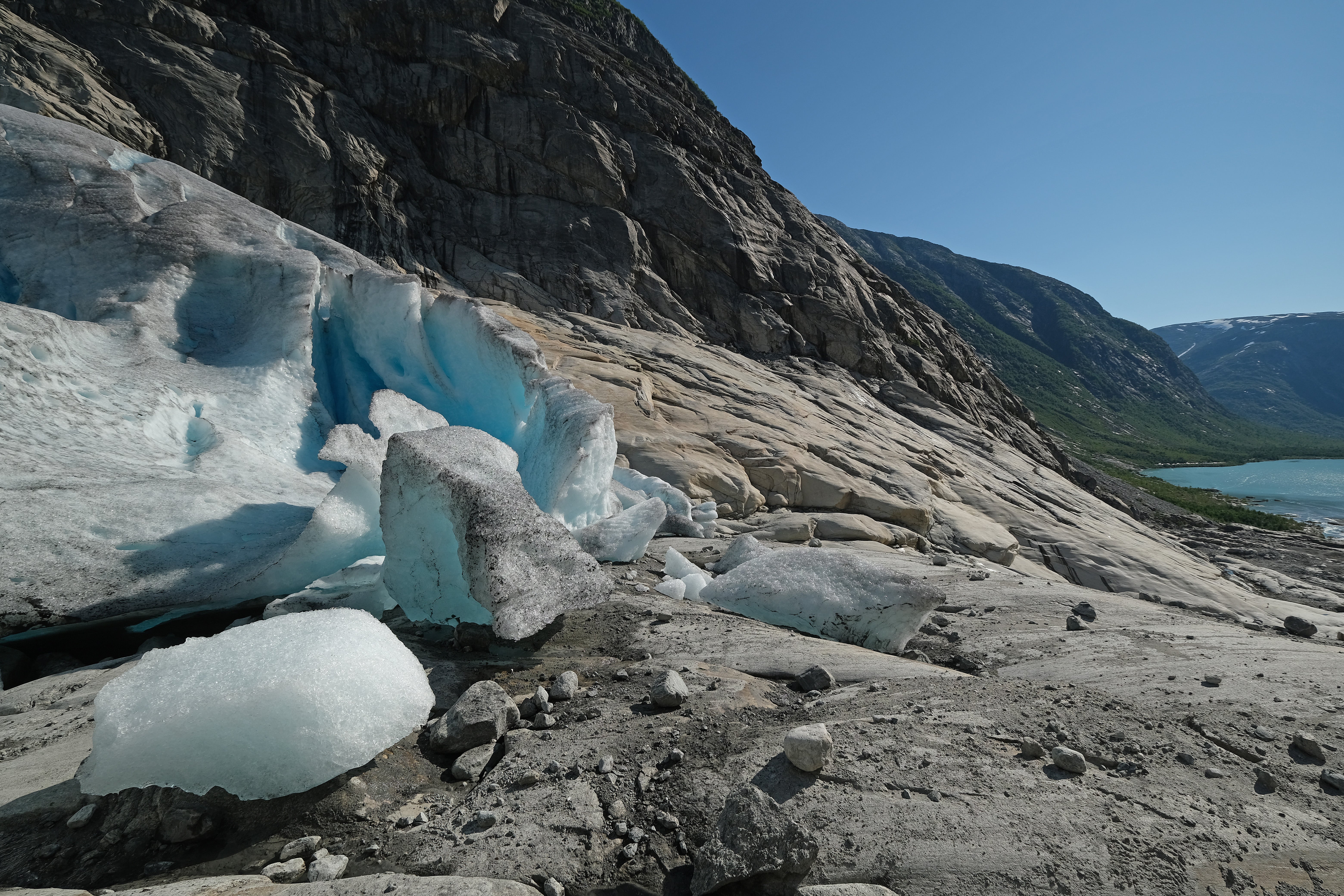‘Glacier blood’ in French Alps are potential markers of climate change, say scientists
The phenomenon called ‘glacier blood’ is caused by microalgae interacting with pollutants

The French Alps glaciers are spotted with red stains that look like blood, making miles of snow look like sites of massacres, in what scientists are calling a sign of the worsening climate crisis.
The phenomenon called “glacier blood” is caused by microalgae which is interacting with pollutants and climate change, causing the red stains, said a recent study published in Frontiers in Plant Science.
A group of scientists in Grenoble, France, carried out a study titled AlpAlga in the mountains, 3,280 to 9,842 feet above sea level, to understand alpine algae that causes red snow, and can act as a “potential markers of climate change.”
Much like the microalgae that inhabit oceans, lakes and rivers, snow-borne microalgae help form the base of the food web of a mountainous ecosystem and likely react to pollution and climate change in a similar fashion, Eric Maréchal, a coordinator of the AlpAlga consortium, was quoted by Live Science as saying. Mr Maréchal is also a director of the Laboratory of Cellular and Plant Physiology, a research facility in Grenoble, France.
The algae that turn snow red are actually green algae, he said. Green algae are green, as the name implies, but warmer weather triggers them to produce an orange or red pigment that acts as antioxidants — a sunscreen that protects them from damaging effects of intense light and ultraviolet radiations.
The colouring of snow is a phenomenon known to scientists, as colourful covers have been spotted in cold regions earlier as well, as certain areas continue to get warmer. However, mysteries related to these microorganisms still remain to be unravelled. Through the project AlpaAlga, researchers are now examining the organisms to understand if they could be the biomarker for climate change.
“The algae are probably markers of climate change,” Mr Marechal told LiveScience before adding that the microalgae growth reflects the rising carbon dioxide levels and related changes in the environment.
“I’ve seen, in my lifetime, the disappearance of ecosystems on a scale not of 100 years, but decades,” study author Mr Maréchal, was quoted by Live Science as saying. “This ecosystem is super fragile.”
Join our commenting forum
Join thought-provoking conversations, follow other Independent readers and see their replies
Comments
Bookmark popover
Removed from bookmarks